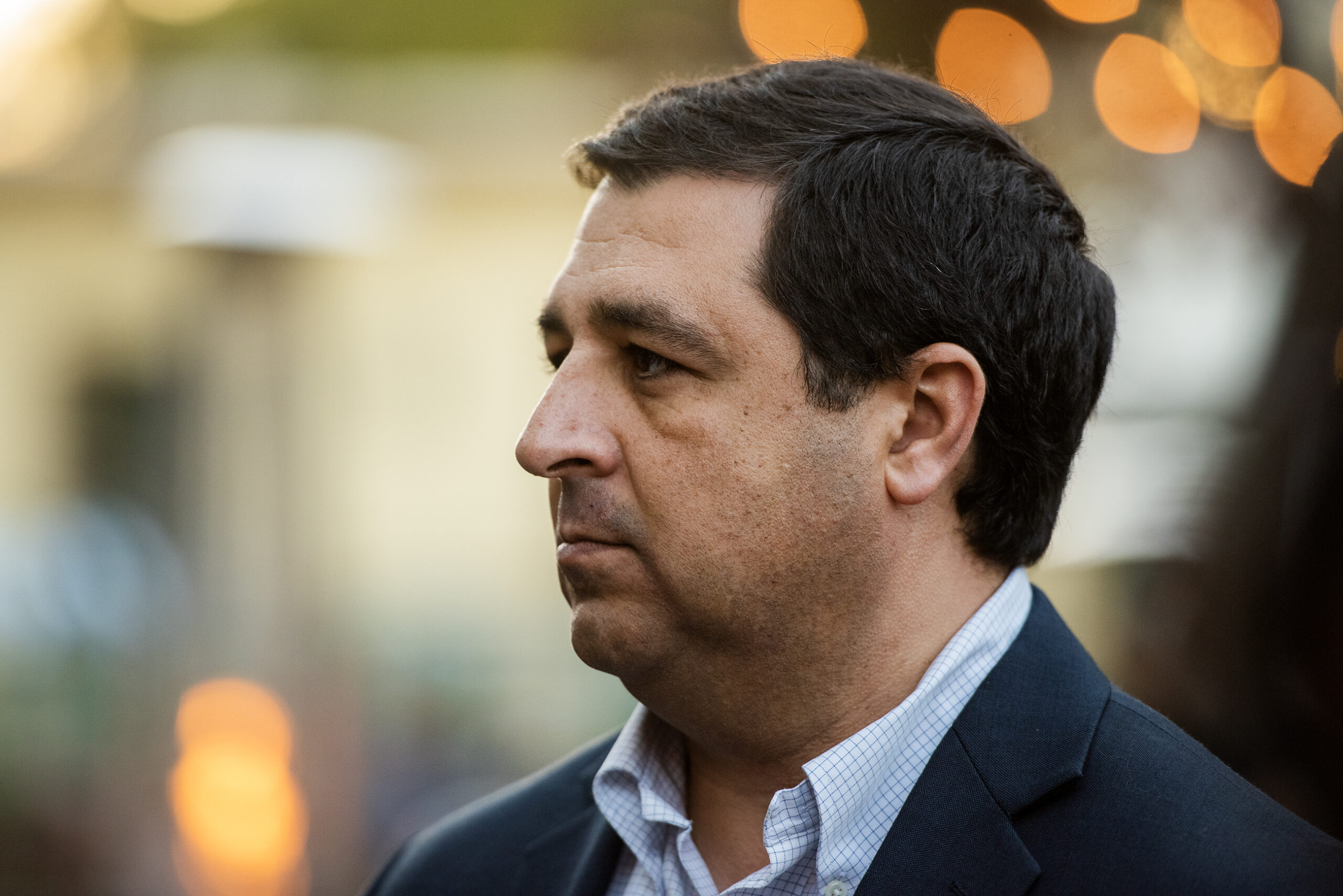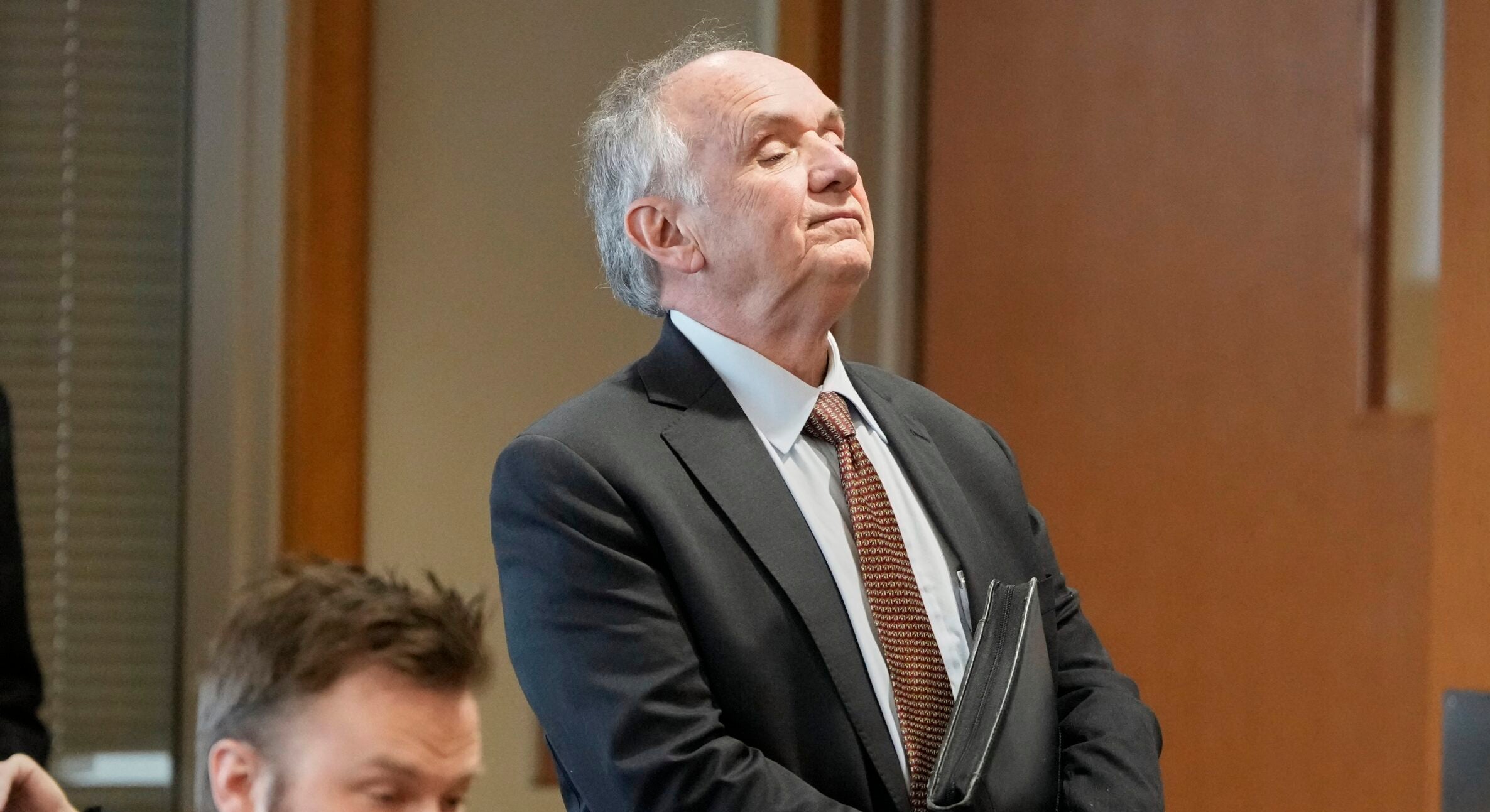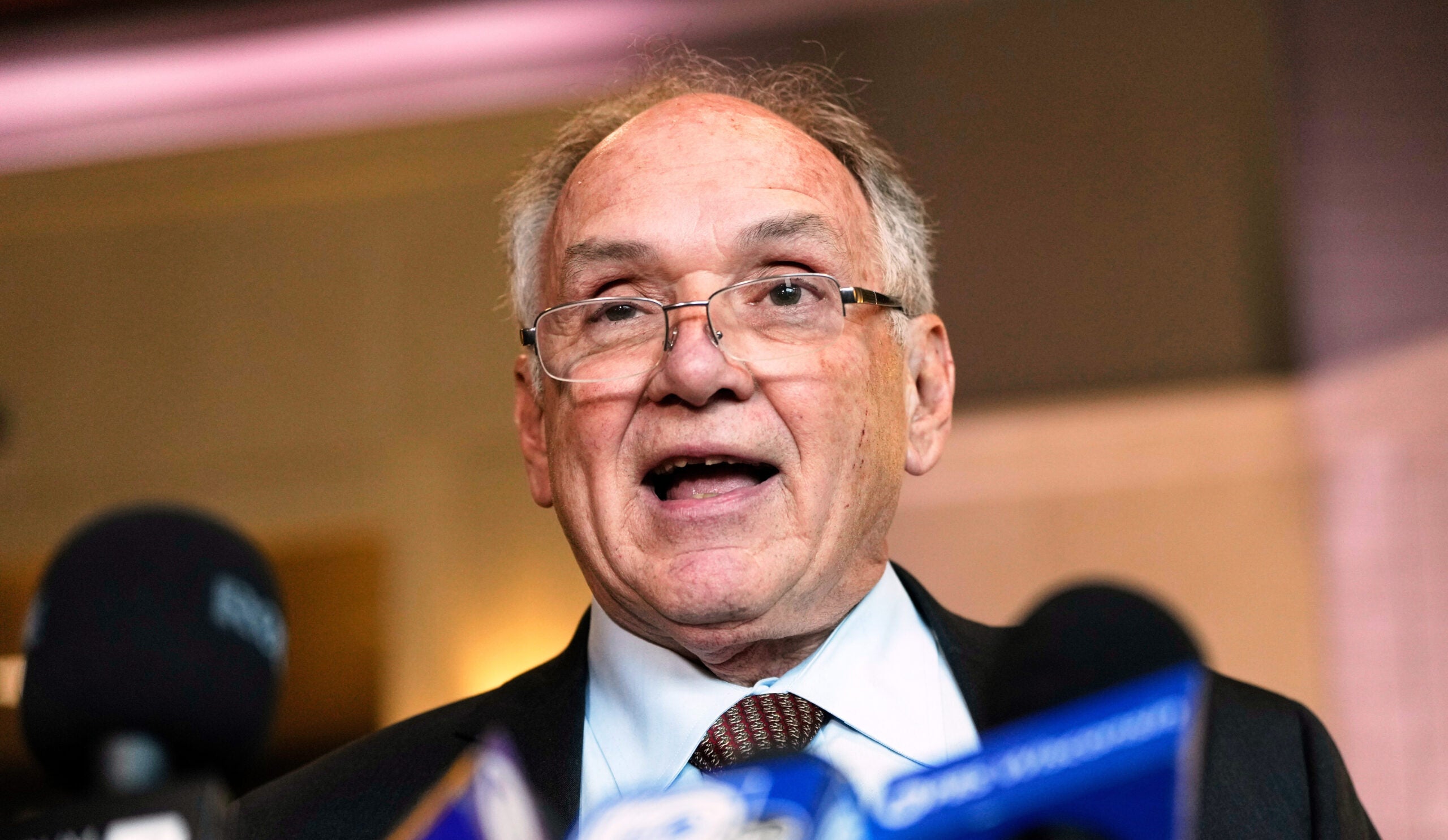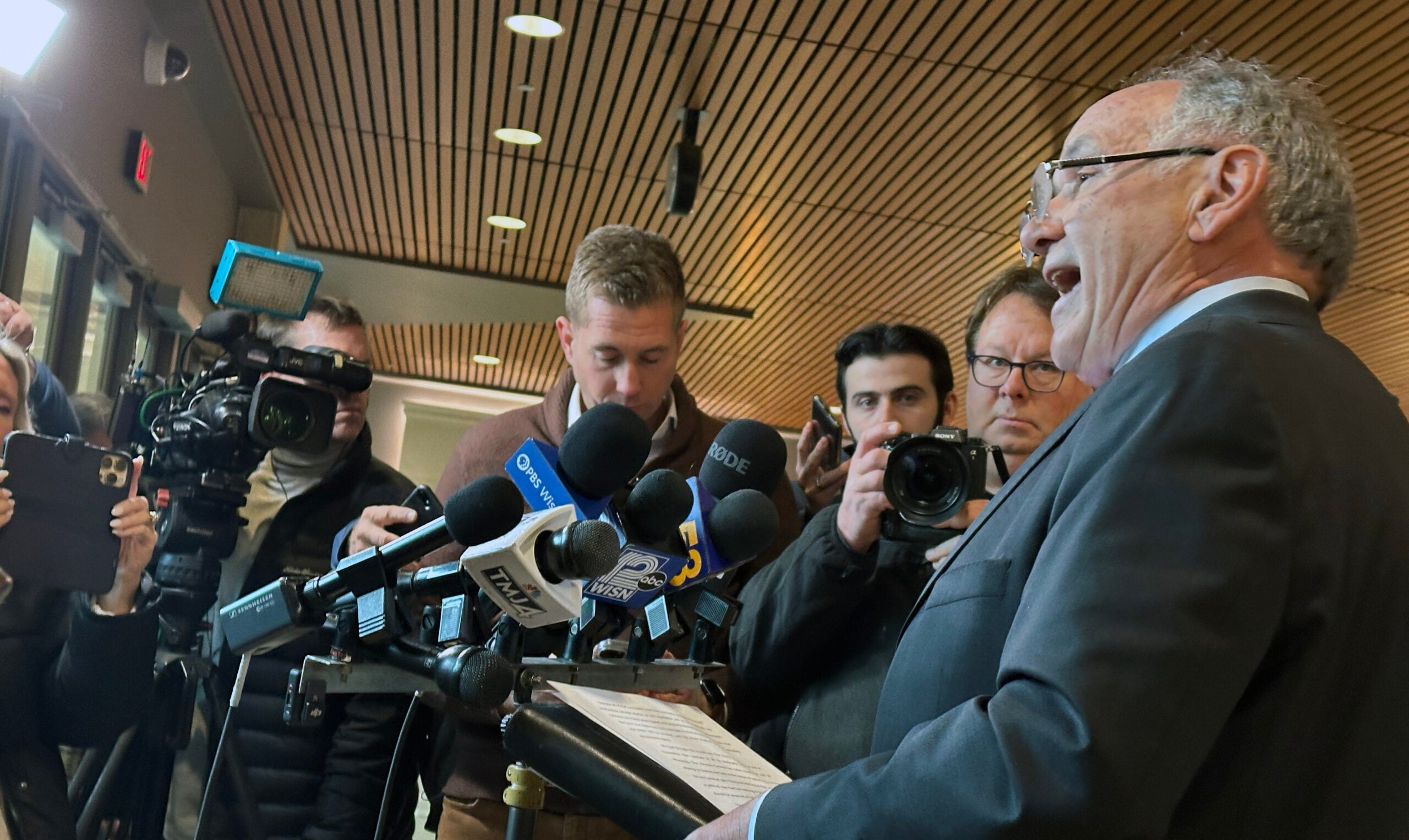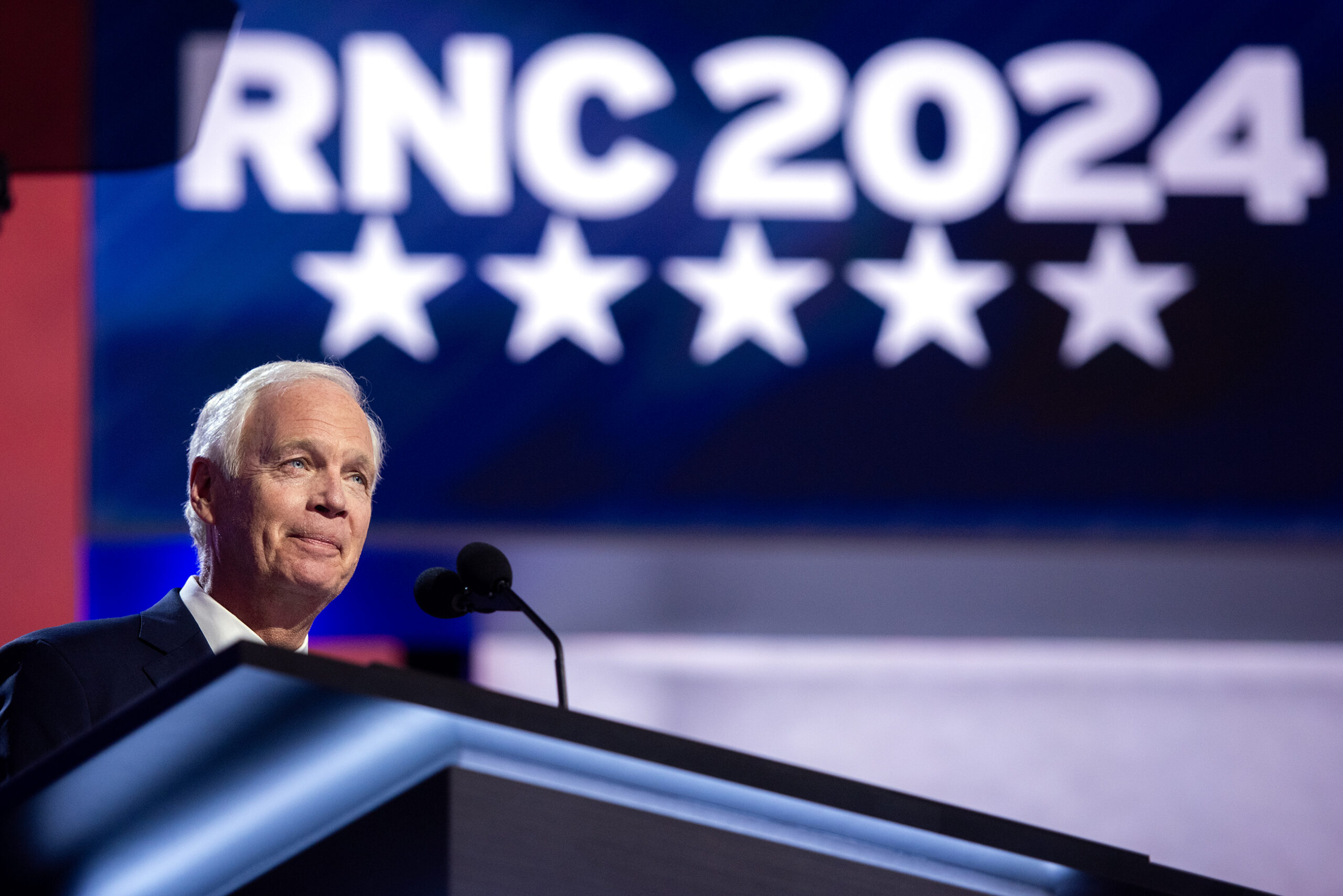Wisconsin’s Democratic Attorney General Josh Kaul declined to say whether he’s investigating Wisconsinites who are accused of trying to subvert the 2020 election by casting fake electoral votes.
On Tuesday, Michigan’s AG Dana Nessel put a spotlight on the issue when she announced felony charges against 16 Michiganders who signed certificates falsely attesting to former President Donald Trump’s victory and sent them to the National Archives.
Their goal was to overturn the 2020 presidential election results, Nessel said. Trump tried to use the dueling slates of electors to pressure then-Vice President Mike Pence into certifying the election in Trump’s favor.
News with a little more humanity
WPR’s “Wisconsin Today” newsletter keeps you connected to the state you love without feeling overwhelmed. No paywall. No agenda. No corporate filter.
The charges in Michigan are the first in the country to be filed against false electors as a result of probes into the 2020 election. But Republicans in six other swing states took similar actions when they signed and submitted false certificates denying Biden’s victory.
That includes 10 Wisconsinites who are being sued in Dane County Circuit Court over their actions. The use of false electors is also part of a federal criminal investigation by U.S. Special Counsel Jack Smith into the Jan. 6 insurrection and other efforts to overturn the 2020 election.
But some have argued Wisconsin’s AG should prosecute this state’s false electors for potential violations of state law, as well. In a statement Wednesday morning, a spokesperson for Kaul didn’t say whether the AG’s office is currently pursuing such an investigation or whether it would consider one in the future.
“The Wisconsin Department of Justice generally does not confirm or deny the existence of an investigation, except in unique public safety circumstances,” spokesperson Gillian Drummond said. “Attorney General Kaul strongly believes that those who committed crimes in an effort to unlawfully subvert the outcome of an election should be held accountable.”
Nessel’s move ratchets up political pressure on Kaul to pursue his own prosecution, said Paul Nolette, a political science professor at Marquette University. That’s partly because the actions of Wisconsin’s false electors were very similar to those taken by Michigan’s false electors, but also because Wisconsin ended up being a closely-fought state in November 2020, Nolette said.
“Wisconsin was ultimately the tipping state in the election,” Nolette said. “Wisconsin is a pretty clear example, both politically and legally, as the next state up (for prosecution of false electors), potentially, now that Michigan has made this first move.”
Biden beat Trump by about 21,000 votes, which led to the Democratic former vice president taking all of Wisconsin’s 10 Electoral College votes. Nationally, Biden ended up defeating Trump by 306-232 in the Electoral College, after leading by more than 7 million votes in the popular vote.
Even though the false electors weren’t successful in overturning the election results, Nolette says their actions fueled persistent false claims of an election stolen by Biden.
“That all lowers trust in the system and in democracy in general. And again, this is based not upon demonstrable facts but on conspiracy theories,” he said. “If that was a test case for what’s going to happen in 2024, then it’s not going to be a good year for American democracy.”
Arizona’s AG is in the early stages of an investigation into false electors there. And in Georgia, a county prosecutor investigating interference in the 2020 election has agreed to immunity deals with at least eight fake electors, the Associated Press has reported.
In Michigan, the 16 false electors each face eight felony counts, including forgery and conspiracy to commit election law forgery.
The 10 false electors being sued in Wisconsin include then state Republican Party Chair Andrew Hitt and Bob Spindell, who continues to serve on Wisconsin’s Elections Commission. Neither man responded to a request for comment Wednesday afternoon, but Hitt has said previously that the Republican electors were maintaining legal options.
“The Wisconsin Electors were simply following the guidance of Wisconsin legal counsel to preserve the ongoing Wisconsin legal strategy,” Hitt said in a written statement, after being subpoenaed by a U.S. House Committee in January 2022. “There was no intent beyond that.”
In the aftermath of the 2020 election, Trump and his allies have filed and lost scores of lawsuits attempting to overturn the results.
Wisconsin Public Radio, © Copyright 2025, Board of Regents of the University of Wisconsin System and Wisconsin Educational Communications Board.

